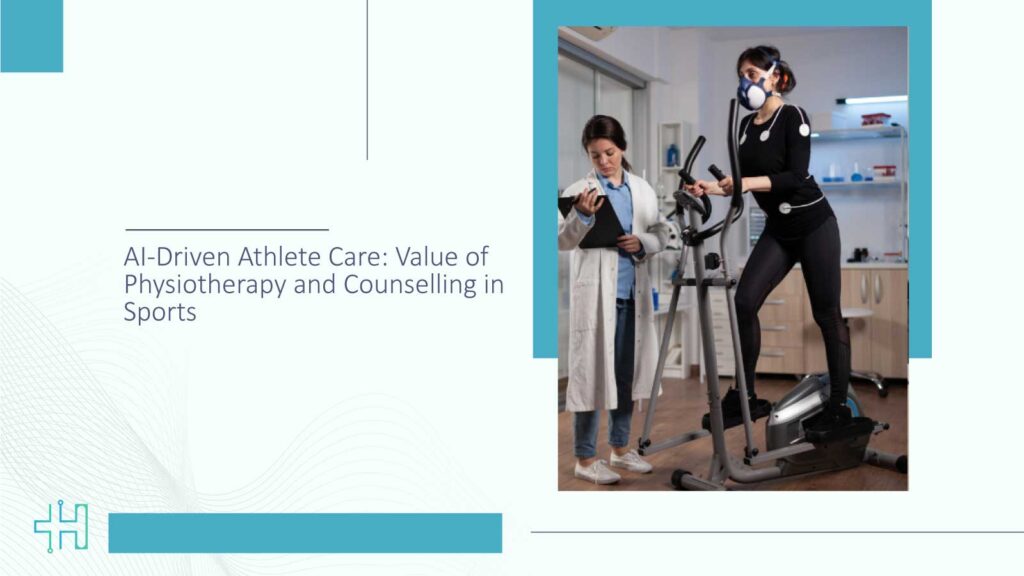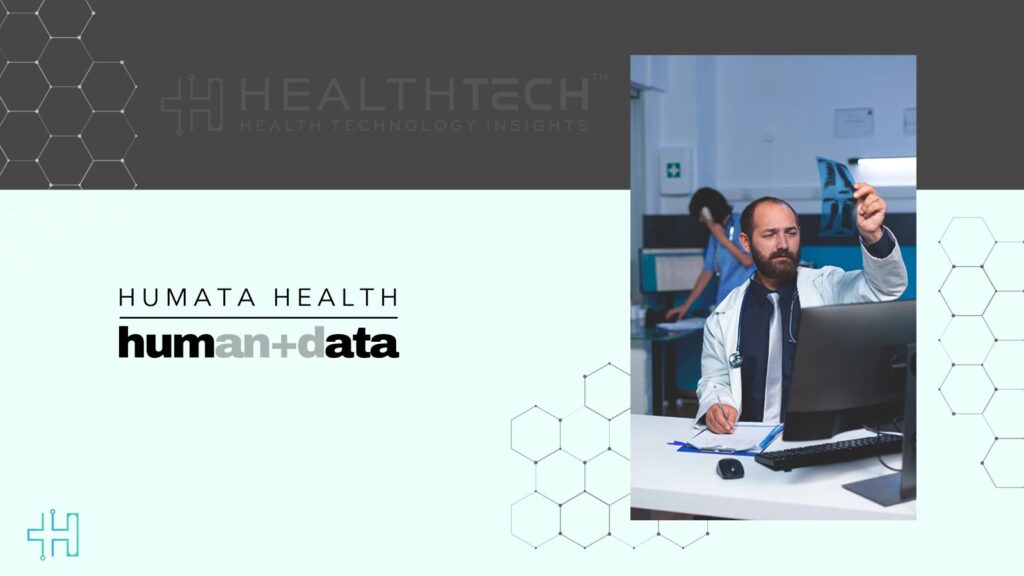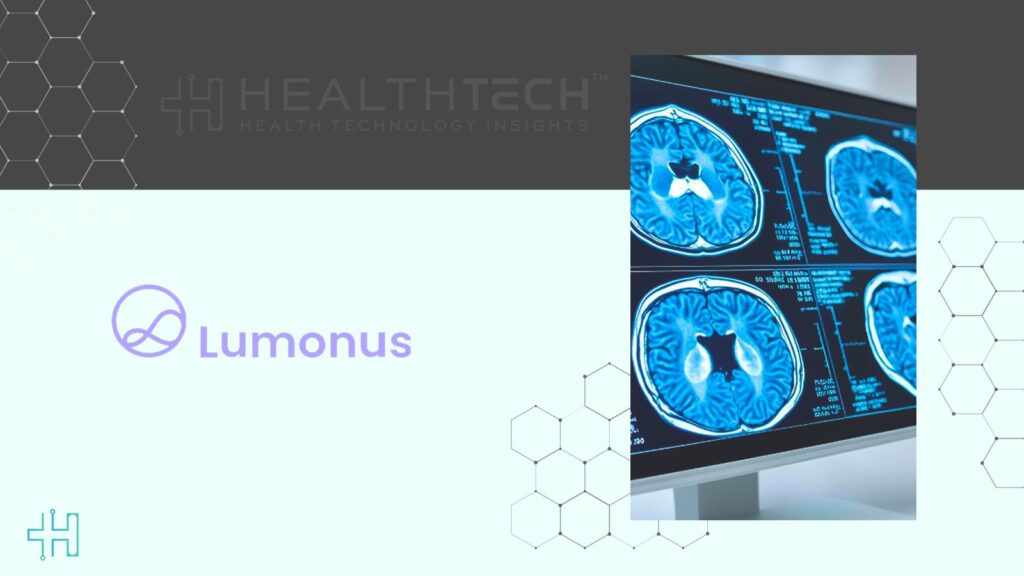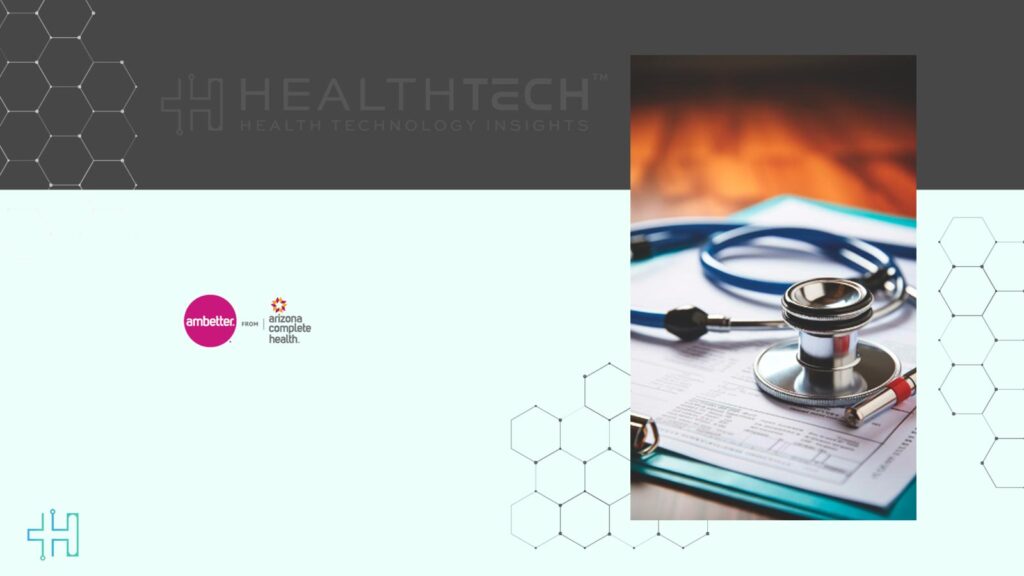Biostate AI, a pioneer in AI-driven molecular diagnostics, announced that its Indian subsidiary Bayosthiti AI has partnered with Narayana Health, one of the world’s largest cardiac care networks, to develop the first AI models specifically designed to predict cardiovascular disease in Indian populations. The collaboration represents a breakthrough in addressing one of global health’s most persistent inequities: the 65 million Indians with coronary artery disease who are diagnosed using tools that miss critical patterns in South Asian biology.
Health Technology Insights: Jonathan Blackburn Joins Net Health’s Executive Team as Chief Revenue Officer
The Significance: Closing Medicine’s “Data Gap”
The partnership tackles what clinicians call the “Data Gap”—the fact that virtually all cardiovascular risk algorithms were developed using European and American patient data, despite South Asians developing heart disease 5-10 years earlier than Western populations and presenting with different genetic and molecular patterns. This leads to missed diagnoses, late-stage detection, and preventable deaths.
By training AI on molecular data from 12,000 Indian patients at Narayana Institute of Cardiac Sciences in Bengaluru, Biostate AI and Narayana Health are building the foundation for precision medicine tailored to the world’s second-largest population. The study will analyze complete RNA profiles—the active instructions cells execute in real time—to detect heart disease months or years before structural damage appears on conventional tests.
The Innovation: Molecular Detection Meets Clinical Scale
The collaboration combines 3 critical elements rarely found together:
Proprietary Technology: Biostate AI’s patented BIRT™ (Barcode-Integrated Reverse Transcription) technology sequences complete RNA profiles at a fraction of traditional costs by processing multiple patient samples in parallel, making population-scale molecular diagnostics economically viable for the first time.
Clinical Validation: Narayana Health performs over 60,000 cardiac procedures annually, providing both the patient population for training robust AI models and the clinical infrastructure to validate them against real-world outcomes.
AI-Driven Insights: Unlike imaging or protein markers that detect disease after it manifests physically, RNA sequencing captures when biological systems shift toward disease states. Biostate AI’s generative AI models learn to recognize these molecular patterns, identifying high-risk patients 2-3 years before traditional methods while matching the accuracy of invasive procedures.
“This partnership represents our strategy in action: deploying breakthrough molecular technology where it can have maximum impact. India has 65 million people with heart disease and a healthcare system hungry for innovation,” said Dr. David Zhang, CEO of Biostate AI. “By building precision medicine tools for India first, we’re not just entering a market—we’re helping define the future of global healthcare.”
From Intervention to Prevention
The clinical implications are substantial. Coronary artery disease affects 65 million Indians and strikes at younger ages than in Western populations, yet diagnostic tools remain calibrated to data from patients with fundamentally different genetic backgrounds and environmental exposures. Standard risk scores miss the patterns that matter most for South Asian patients.
Health Technology Insights: Noul Supplies AI Diagnostic Platform miLab to Charité Hospital
“AI-based technologies aren’t the future of medicine. They’re the present,” said Dr. P.M. Uthappa, Group Chief Medical Director at Narayana Health. “This collaboration lets us move from intervention to prevention. The ability to identify high-risk patients earlier and more precisely is a clinical game-changer.”
Early detection creates intervention windows when lifestyle modifications, medications, and targeted therapies are most effective. By identifying patients 2-3 years before they would otherwise be diagnosed, the AI models could prevent heart attacks rather than simply managing them.
“We’ve relied too long on a one-size-fits-all approach to medicine,” said Kutapa Muthanna, CEO of Bayosthiti AI. “This isn’t just about closing a data gap. It’s about building the foundation for proactive, personalized medicine created by Indians, for Indians. This study proves that when you combine cutting-edge molecular technology with clinical scale and AI, you can deliver precision medicine at population scale.”
The Science: Teaching AI to Read Cellular Instructions
The technical approach mirrors how large language models learn patterns. Just as AI learns language from billions of text examples, Biostate AI’s models learn disease patterns from millions of RNA expressions—the molecular instructions cells are actively executing.
“Just as Google Translate learned language patterns from billions of text examples, our AI learns disease patterns from millions of RNA expressions,” said Dr. Rishabh M. Shetty, Head of Business Development and Clinical Applications at Bayosthiti AI. “The transcriptome gives us a real-time readout of what the body is doing right now. Our models can spot the molecular conversation that precedes a heart attack, not just the aftermath, and can do so with the same level of accuracy and efficacy as invasive procedures or other imaging gold standards.”
The three-phase study design allows for continuous model refinement, and successfully validating these AI models will provide proof-of-concept for deploying similar approaches to other high-burden diseases in India and other underserved populations globally.
Global Implications, Starting in India
As findings emerge, they will inform the development of a blood-based diagnostic test deployable at scale across India’s healthcare system and, eventually, to other South Asian populations worldwide. The partnership leverages Bayosthiti AI’s momentum since establishing operations in India—the company has already processed samples from over 100 collaborations globally.
For Biostate AI, the partnership demonstrates the company’s strategy of combining breakthrough molecular technologies with AI to solve healthcare’s most persistent challenges. By establishing Bayosthiti as its Indian subsidiary, Biostate AI positioned itself to address the needs of 1.4 billion people while developing capabilities that will scale globally.
Health Technology Insights: Nigeria Launches Initiative for Metastatic Colorectal Cancer
To participate in our interviews, please write to our HealthTech Media Room at info@intentamplify.com
Source – PR Newswire







